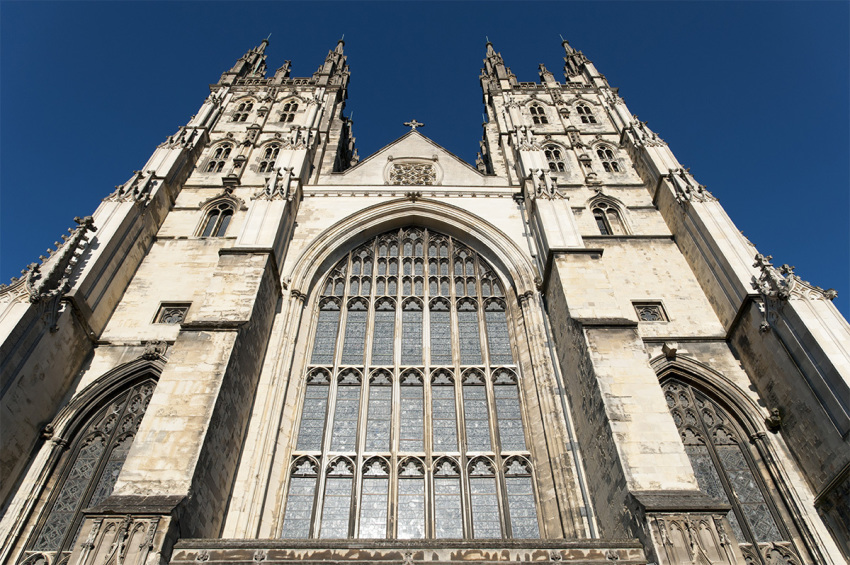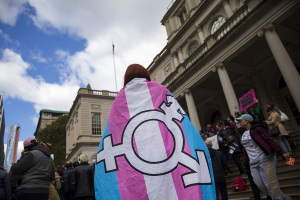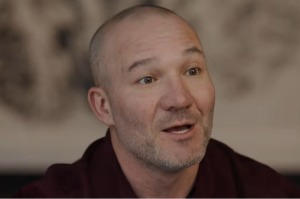Islamic ‘converts’ to Christianity duping church leaders to avoid deportation: judges

Judges in the United Kingdom have expressed concerns over church leaders being misled or "duped" by asylum seekers who convert to Christianity to evade deportation.
A series of judicial decisions reveal investigators questioned whether clergy and lay leaders did enough to scrutinize the motives of supposed converts before supporting their asylum applications.
Immigration tribunal decisions reviewed by The Telegraph show the Home Office has repeatedly questioned the depth to which religious leaders are probing migrants’ intentions behind converting from Islam to Christianity.
Claims of religious conversion can help bolster asylum applications if that means they will be deported back to their home countries, where they would be at risk of persecution for their professed new faith.
The report comes as the Church of England has faced scrutiny in recent weeks into whether its leaders were supporting "bogus" asylum claims.
The case of Abdul Ezedi, who was granted asylum after converting to Christianity, has prompted a reevaluation of the clergy's involvement in asylum applications. Ezedi is linked to the recent Clapham chemical attack in southwest London. Ezedi remains at large after the attack that resulted in severe injuries to a woman and her children. He had claimed his conversion to Christianity placed him at risk in Afghanistan.
Judges now appear to be questioning the ability of church leaders to accurately vouch for the faith of asylum seekers, especially when language barriers exist.
In two of the cases reviewed by The Telegraph, judges questioned how local church leaders could vouch for the faith of asylum seekers from Iran and Iraq.
In one case, a vicar claimed to have spoken “in-depth” with an Iranian national he supported who was baptized five weeks after arriving in Britain. However, the Iranian man told authorities he never discussed his faith with the pastor and that their interactions were limited to greetings, broken English and hand signals.
In another instance reported by The Telegraph, an immigration judge determined that a young Iranian migrant had misled a pastoral assistant at an Evangelical church in Wiltshire. The migrant’s assertion of converting from Islam to Christianity prior to arriving in Britain was judged to be “not plausible.”
Despite the pastoral assistant’s genuine testimony regarding his conviction in the migrant’s conversion, the judge observed a significant level of uncritical acceptance of his belief. Notably, the migrant could not even identify the church by name.
In a statement last Wednesday, Archbishop of Canterbury Justin Welby, the senior cleric in the Church of England, said the "role of churches and faith groups in the asylum system" has been mischaracterized.
“Churches up and down the country are involved in caring for vulnerable people from all backgrounds," Welby said. "For refugees and those seeking asylum, we simply follow the teaching of the Bible which is to care for the stranger."
“It is the job of the Government to protect our borders and of the courts to judge asylum cases," he added. "The Church is called to love mercy and do justice. I encourage everyone to avoid irresponsible and inaccurate comments — and let us not forget that at the heart of this conversation are vulnerable people whose lives are precious in the sight of God.”
Former Archbishop of Canterbury Lord George Carey, who served as a senior cleric in the Church of England between 1991 and 2002, criticized the current church leadership for its approach to migration.
In an opinion piece for The Sunday Telegraph, he accused bishops in the House of Lords of overlooking the effects of mass migration on British culture and infrastructure.
"I’ve been surprised therefore by the thin-skinned nature of the church’s response in this latest controversy. When you raise your head above the parapet you must expect to be criticised," Carey wrote. "I know I will be over this article. But the Church hierarchy seems to be denying that there is a problem at all, or anything questionable about its own actions and statements."
"One result of this is that churches stand accused of boosting the credentials of asylum seekers and gullibly accepting insincere conversions," he continued. "This is not in fact so, because it is the Home Office and the judiciary’s job to apply the asylum rules — not the Church."
Carey lamented a Church of England for giving information on how clergy can “mount a personal campaign” if an application is refused.
"It does not give much advice on how to discern whether these conversions are authentic, long-standing and life-changing," he wrote. "While it is true that most clergy are experienced enough to deal with these sorts of pastoral situations, the Church should do more to insist that baptism preparation is rigorous. The truly depressing thing about this is that Christian converts in some countries are among the most persecuted minorities in the world. Genuine converts in countries where a considerable risk is taken by 'apostasising' find themselves undermined by a handful of false cases where people are gaming the system."
The Rev. Matthew Firth, who formerly led a parish in the north of England before joining the Free Church of England, told The Telegraph that the Church of England has become a "conveyor belt" of asylum seeker baptisms. He claims to have personally encountered around 20 cases of immigrants who sought baptisms at his church to support their appeals after their asylum applications failed.
"It is not direct wrongdoing from the Church but it is complicity, which is not right," Firth said.
Carey said the intensity and fervor of the Church of England's opposition to the proposed Rwanda Migration and Economic Development Partnership have troubled him.
The Rwanda plan is a policy agreement between the United Kingdom and Rwanda. Announced in April 2022, the plan aims to deter illegal migration and human smuggling by relocating certain asylum seekers arriving in the U.K. via unauthorized routes to Rwanda, where their asylum claims would be processed.



























